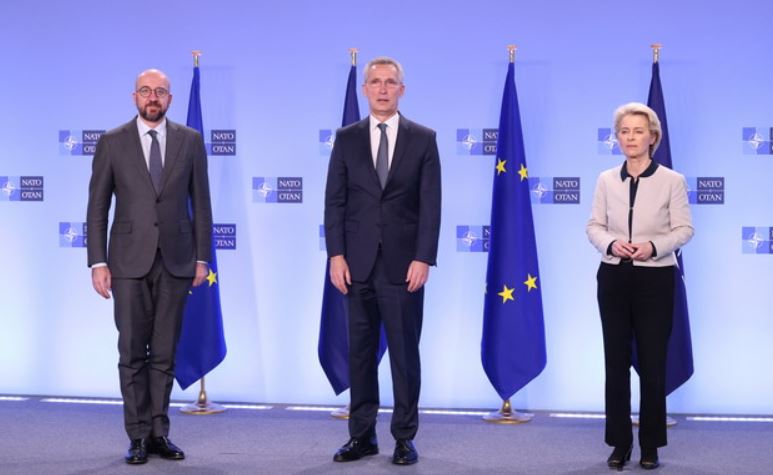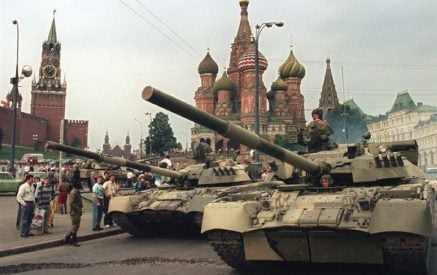I must confess: I did not expect Putin to start a new large-scale war. Not because war is a disaster, killing people is immoral, etc. Such things do not exist in politics. It just seemed to me that Russia does not have the opportunity to repeat in 2022 what it did in 2008 and 2014; this time the political price will be higher. But I was wrong. The West does not oppose an attack on Ukraine except through statements, calls, and “hope.” Yes, there will be economic sanctions, the lives of Russians will be difficult, but that is not the lever that can influence Putin’s policy.
However, in such situations, I am not very interested in the politicians of both sides with their treachery and indifference to human lives and human suffering; it is a common story that is constantly repeated over the centuries. More interesting are the people or, if you like, the society, whose role, I am sure, is huge in such conflicts. Most Russians clearly welcome the new war, which they see as another phase of “getting up on their knees,” although there is no enthusiasm for the previous “operation” in Crimea. Western societies, I suppose, are largely indifferent to what is happening in the former Soviet Union.
The most important question is to what extent Ukrainian society is ready to resist. It is not about the technical equipment of the army or some abstract combat effectiveness. A person who believes in the future of their state and their nation, who has an unshakable value system and principles is efficient. This is more important than the number of tanks and UAVs. Is there determination in Ukraine to resist the aggressor, or are people tired of all these problems and want to “just live”? Regarding the Ukrainians, I can not answer that question. I am not informed enough. The picture will become clearer if, say, in a year the country holds snap elections and the citizens re-elect Zelensky.
What lessons should we learn from this situation? The first, probably, is that international law as such does not exist. Any country can attack another country at any time if it has the military and political ability to do so. And the second is that there are no allies; in fact, each state looks out for itself.
Read also
Aram Abrahamyan























































